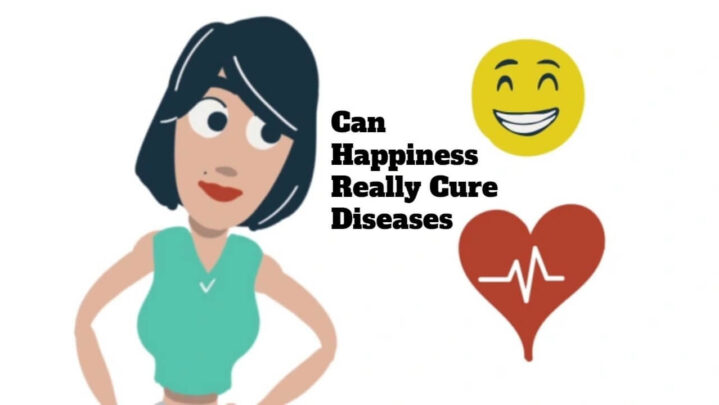Happiness is recognized to improve general well-being, although it is unlikely to treat illnesses directly. But contentment can help people lead healthy lives, lowering their chance of contracting certain diseases and improving their prognoses if they already have a sickness.
An increasing amount of evidence suggests a connection between happiness and physical health results. For instance, one study discovered a correlation between pleasant emotions and reduced levels of inflammation in the body, which is connected to several chronic illnesses, including heart disease, diabetes, and cancer. Furthermore, those who expressed greater enjoyment exhibited improved cardiovascular health and a decreased risk of cardiovascular illness.
But it’s crucial to remember that joy alone does not make illnesses disappear. Positive thinking can help you live a better lifestyle, but managing diseases effectively requires medical care and the right illness management. Being joyful may increase a person’s propensity to engage in healthy habits, including regular exercise, enough rest, and a balanced diet. These actions can lower the likelihood of contracting particular illnesses and enhance the situation of those already afflicted.
Happiness can help people live better lives and may even help those ill, even if it cannot directly treat diseases. As a result, it’s critical to give happiness and health equal weight with medical care and illness management. It is crucial to remember that obtaining medical care is essential for treating illnesses and ailments. Contentment should be seen as a complementing rather than a universal remedy for general health and well-being.





